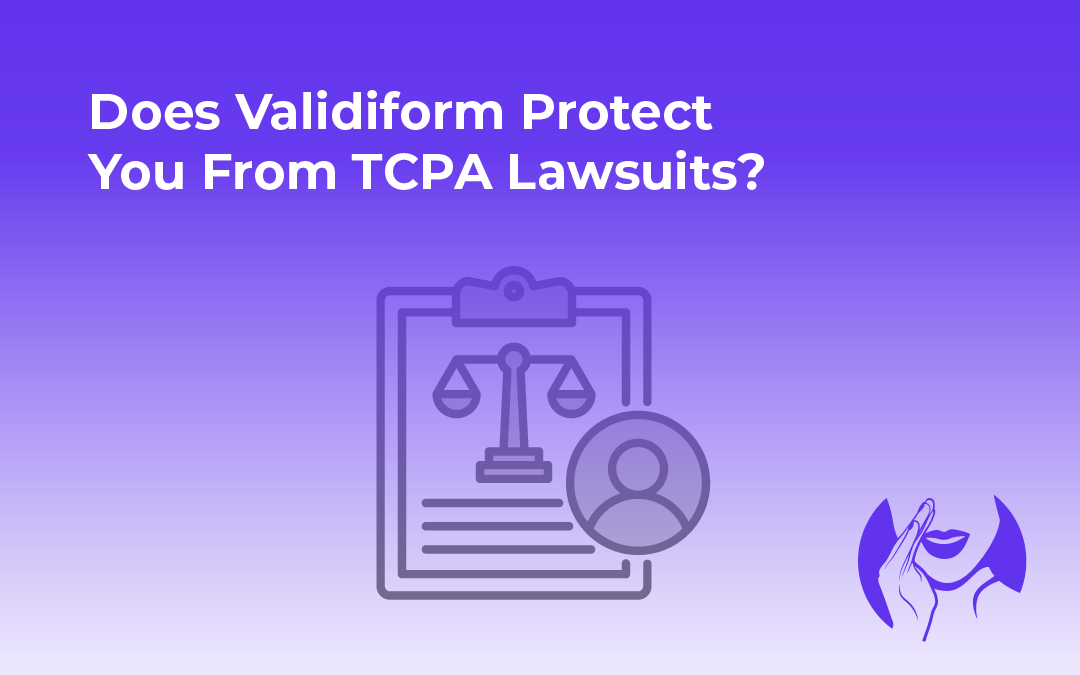A small business or startup can turn a corner with the right grant – it’s like getting a shot of adrenaline straight into their growth plans. Funding without the burden of paying it back – that’s the beauty of grants. With a little know-how, you can crack the code on getting a business grant – and seriously boost your chances.
Jumping right in, here’s a peek at the chapter layout. Get ready to explore some fascinating topics – this Table of Contents is your guide.

- Understanding Business Grants
- Federal Business Grants
- Corporate and Private Business Grants
- Specialty Business Grants
- How to Find and Apply for Business Grants
- Alternative Funding Options
- Conclusion
Understanding Business Grants
Business grants provide free money to companies for starting, expanding, or improving operations. Grant money often has more than a few fine-print stipulations, imposed by the generous folks at government agencies, private organizations, or corporations writing the checks.
When it comes to funding, each source plays by its own rules – and that means a unique process for applying and different amounts of cash on the table. Small business owners need to get a grip on these differences to thrive.
Types of Business Grants
Business grants cater to various needs and demographics. Several types exist, including federal, state, local, corporate, specialty (e.g., for women-owned, minority-owned, veteran-owned, or LGBTQ-owned businesses), and research & development grants. Here’s a breakdown:
| Grant Type | Description |
|---|---|
| Federal Grants | Offered by the federal government, often focused on specific industries or research areas. |
| State and Local Grants | Provided by state and local governments, tailored to their specific economic needs. |
| Corporate Grants | Offered by corporations and private organizations, often part of their social responsibility initiatives. |
| Specialty Grants | Targeted towards specific groups, such as minority-owned businesses, women-owned businesses, veteran-owned businesses, or military spouse businesses. |
| Research and Development Grants | Aimed at funding scientific research and development projects, typically in partnership with a research institution. |

If you’re psyched about scoring federal dollars for your business, you’re in luck – we’ve got the inside scoop on grants.
Federal business grants are a coveted resource for entrepreneurs, and for good reason – the government is a prime source of cash for growing companies. Whether it’s advancing a specific industry, tackling a pressing research question, or supercharging workforce development, grants tend to have a clear direction. Federal funding programs can be competitive and often complex, involving strict rules and guidelines from the Small Business Administration (SBA).
Companies in the know can capitalize on the Employee Retention Credit, getting credited for their efforts to keep employees on board. Whether you’re a startup or an established business, the State Trade Expansion Program can give you a leg up in the competitive world of exporting by providing financial assistance.
State and Local Business Grants
State and local governments offer grants tailored to their economic needs. Small businesses are often the lucky recipients of this funding. Whether you’re aiming to supercharge your production, modernize your headquarters, or venture into new markets, this financing solution can lend a helping hand. Many require applicants to be actively contributing to local economic development or job creation. Eligible applicants must be in line with local or state government guidelines, staying legally compliant with laws for their specific business location and business structure. Money might flow to companies looking to invest in new equipment, sell goods globally, or clear the air with eco-friendly practices.
For instance, Illinois allocated $3 billion for capital grants through the Department of Commerce and Economic Opportunity (DCEO). A generous pool of funding becomes available, allowing ambitious plans to take shape.

Two essential sources of funding for businesses: corporate grants and private grants – let’s explore them.
When startup dreams are stalled by limited resources, or small businesses and nonprofits struggle to stay afloat, a surprising ray of hope emerges – corporations and private organizations doling out grant money to rescue and empower them. In seeking to supercharge entrepreneurship, funding now focuses on initiatives led by women, sparked by innovation, and tied to neighborhood revival – all driving new connections and openings. Imagine being able to make a tangible difference in various aspects of your community – that’s what this program achieves by bridging the gap between business objectives and social responsibility.
Examples include the 2024 Year-End Skip $10,000 Grant and the 2025 January Jumpstart grant by HoneyBook. Growth-hungry businesses can tap into either of these two funding sources. Private and corporate grants may offer more favorable funding programs to grow a business compared to conventional sba loans or other relief options, often not needing investment capital.

Specific business grants that fuel passion projects and propel growth are out there waiting to be discovered.
Diversity and inclusion get a serious lift when grants zero in on specific groups or industries, promoting a fairer playing field. They exist for women-owned, minority-owned, veteran-owned, Native American-owned, military spouse, and LGBTQ-owned businesses. When it comes to achieving certain objectives, businesses can rely on grants to get the job done – whether that means staying tax-compliant, respecting employment laws, or providing disaster relief to affected employees.
Federal contracting aims to award 5% of contracts to women-owned small businesses. A floodgate of support opens up with this.
Research and Development Grants
R&D grants fund scientific research and development. Companies across the spectrum – scrappy upstarts and legacy brands – are well-positioned to capitalize on innovations and evolve their business models in profound ways.
Organizations like the National Institute of Health (NIH) and the Small Business Technology Transfer Program (STTR) offer such grants. Small businesses typically partner with a research institution.

Whether you’re launching a startup or expanding an existing business, grants can provide a much-needed infusion of capital – if you know where to look.
Landing a business grant isn’t rocket science, but it does take some know-how – which boils down to six crucial steps. Complying with each opportunity’s distinct application process demands a high level of preparation and attention to even the smallest details. Here are several essential steps for small business owners:
- Start with a thorough search on official websites like Grants.gov for federal grant programs and your state’s economic development website for local opportunities.
- Carefully review the eligible applicants and eligibility criteria for each grant to ensure your business aligns with the specific requirements, funding opportunities, and funding programs.
- Don’t leave things to chance – build a clear, results-driven business plan that systematically lays out your targets, tactics, and financial benchmarks. When existing businesses go after grant funding, they need to bring their A-game with a thorough, formally submitted application that showcases their vision and goals.
- Start by collecting the necessary documents – think financial statements, tax returns, and business registration papers. These are often crucial for federal contracting, and it’s best to have these gathered upfront. You’ll experience a quiet confidence knowing that every step of the application is carefully streamlined.
- Follow all application instructions precisely, paying attention to detail. Take the spotlight off rejection and onto approval – simply by making sure your business funding applications stand out. Overlooking these important factors can negatively impact eligibility, and may prevent you from securing a grant. It’s best to take your time and review with your business owners, ensuring a complete submission with proper formatting and wording. The real magic happens when a company takes the time to slow down and focus on getting every detail just right.
- Submit your grant applications by the specified deadline, as late submissions rarely receive consideration, even for promising candidates. Grant applications hinge on timely submissions – blowing a deadline can have dire consequences, including lost funding opportunities and failed projects that might have otherwise thrived with investment support. Think of punctuality as your insurance policy when applying for federal grants – it’s what keeps your reputation intact and your chances of success high.
- For a smoother ride, it’s a good idea to partner up with a grant writing expert or consultant who’s been around the block a few times. Now you can outsource the annoying busywork to pros who know their stuff, and get back to tackling the big, hairy goals that’ll really move the needle.
Common Mistakes to Avoid

Avoid common mistakes to improve your chances:
- Applying for grants your business is not eligible for.
- Rushing the application and submitting a poorly prepared proposal.
- Not following instructions carefully, whether managing employees or obtaining permits for your business location.
- Failing to thoroughly proofread your application and submitting a document with errors.
- Missing deadlines for submission.
- A missed opportunity arises when there’s no concrete strategy for allocating the grant money, such as identifying which assets to buy or which companies to bring under your wing.
Alternative Funding Options
Explore these alternative funding options:
- Small business loans: Easier to obtain than grants but require repayment with interest. Consider using a business bank account and talking to a business bank to establish a good history and business credit. Consider seeking a Lender Match on the SBA site for loan programs that might meet your needs as a small business.
- Crowdfunding: Raise funds from the public through platforms like Kickstarter.
- Angel investors: Individuals who invest in promising startups. They bring cash and know-how to the table.
- Venture capital: Provides substantial funding for high-growth businesses. This is for expansion or large project funding, not just regular growth.
- Bootstrapping: It takes more than just money to get things done – we also have to juggle our expenses, federal taxes included.
The final countdown: we’re boiling it down to the bare essentials, the last word on the subject.

What small businesses and startups need to propel themselves forward is exactly what grants provide: a financial shot in the arm. Score a grant and you’ll breathe easier, knowing you’ve got extra cash to tackle overhead, scale your operation, and maybe even avoid taking on extra debt. Breaking free from the weight of repayment, businesses can pursue their passions with confidence. While the grant process can be complex and competitive, preparation and persistence are key.
Three crucial elements – research that digs deep, a business plan that’s thoroughly thought out, and a clear sense of the process – can help seal your fate as a success story. Don’t give up after rejections. If grant management is starting to feel like a full-time job, consider bringing in a pro to help share the load.
Fund your project with confidence using grants as your funding lifeline. They help you pay taxes, hire employees, and obtain funding for disaster assistance when you need mitigation assistance or for when a business experiences physical damage.
Banking on growth? Consider shaking up your funding strategy by venturing beyond the norm – think SBA loans, small business loans, matching lenders, and attracting investors. Don’t forget to factor in the benefits of business credit cards and federal tax credits to supercharge your business. With a strategy that sparks, your company can burst forth with growth.













